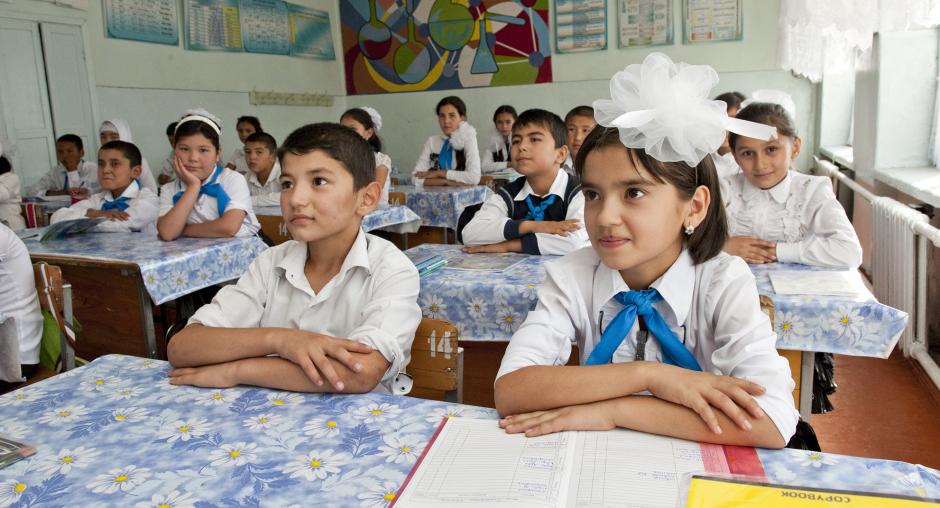On International Mother Language Day, OSCE High Commissioner on National Minorities underlines nexus between linguistic rights and conflict prevention

THE HAGUE, 21 February 2018 – Embracing linguistic and cultural diversity alongside multilingualism and societal cohesion is a driver for peace, mutual understanding and friendly relations among peoples and states, said OSCE High Commissioner on National Minorities (HCNM) Lamberto Zannier in the following statement to mark International Mother Language Day.
“Languages and linguistic rights are of strategic importance for conflict prevention. To debate better solutions to language issues and explore their implications for peace and security, I will host the international conference Language Policy and Conflict Prevention on 31 May in Oslo. The event will feature several high-ranking speakers, including former HCNM Knut Vollebaek and UN Special Rapporteur on Minority Issues Fernand de Varennes.
In fulfilment of my conflict prevention mandate, my institution supports participating States in developing policies and practices that both protect the languages of national minorities and enable acquisition of the state language.
For instance, in Ukraine, during my recent visit to the Zakarpattia Region, I encouraged my interlocutors to maintain a balance between protecting national minority languages and promoting the teaching and learning of the state language in the context of the new language provisions in the country’s law ‘On education’.
In Moldova, my institution supports the pilot project on bilingual teaching in the state and Gagauz languages in ten kindergartens in Gagauzia and we are looking into possibilities to scale up this project in 2018.
The Central Asia Education Programme now includes over 90 schools in Kazakhstan, Kyrgyzstan and Tajikistan, as well as four pilot universities and around 20 kindergartens in Kyrgyzstan. We have also developed an extensive resource website on multilingual education.
The digital versions of our Serbian-Albanian/Albanian-Serbian and Macedonian-Albanian/Albanian-Macedonian dictionaries, including the website, the android and iOS applications and the Facebook Messenger translator combined, received tens of thousands visits during the first four months since their launch.
In Georgia, we promote mother tongue-based multilingual education in schools and have developed a tolerance and diversity course in several multi-ethnic universities.
On International Day, I urge the participating States to promote and protect mother tongues in all social spheres. In our increasingly interconnected and borderless world where linguistic and cultural diversity is the reality of the day, we should no longer perceive language solely as a form of identification but rather as an instrument for communication, co-operation and interpretation.”
